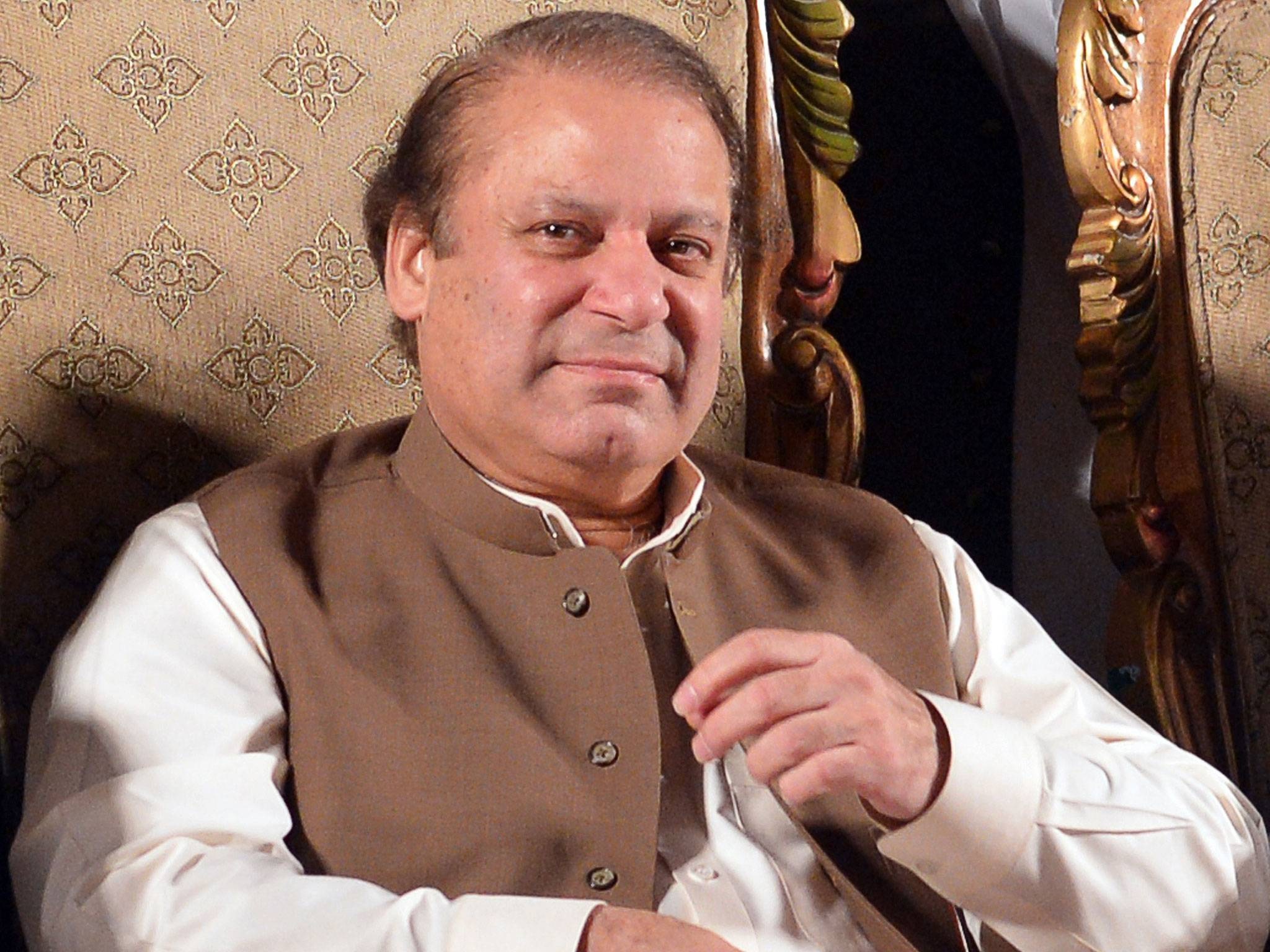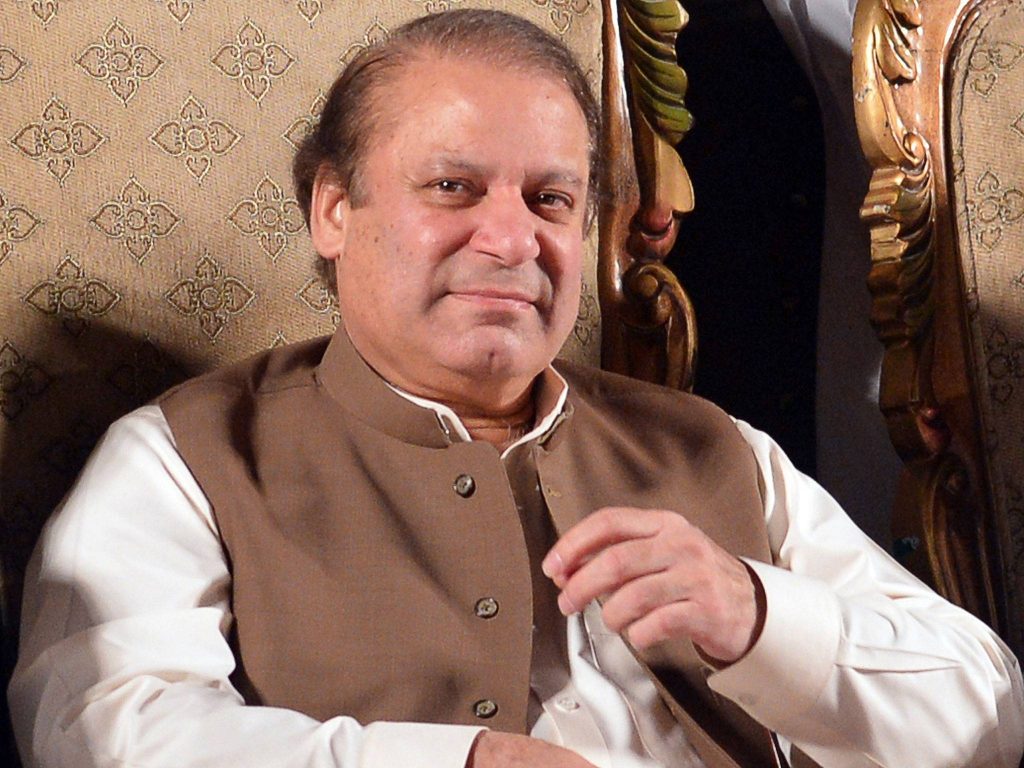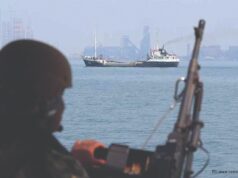

Islamabad: The Supreme Court of Pakistan on Friday disqualified former Prime Minister Nawaz Sharif from holding office for lifetime under the section 62 of the constitution of Pakistan.
Sharif was found to be involved in money laundering in 1990s, when he twice served as the PM, to purchase assets in London.
During the hearing of the case, Sharif had contended that disqualification under Article 62 “is confined only to the election in question and not perpetual”.
According to DawnNewsTV, Article 62(1)(f), which sets the precondition for a member of parliament to be “sadiq and ameen” (honest and righteous), is the same provision under which former prime minister Nawaz Sharif was disqualified by a five-judge SC bench on July 28, 2017, in the Panama Papers case. Likewise, Pakistan Tehreek-i-Insaf (PTI) leader Jahangir Tareen was disqualified on Dec 15 last year by a separate bench of the apex court under the same provision.
Following the verdict, both Sharif and Tareen have become ineligible to ever hold public office.
The decision, read out by Justice Umar Ata Bandial, stated that the disqualification of any member of parliament or a public servant under Article 62 (1)(f) in the future will be “permanent”. Such a person cannot contest elections or become a member of parliament.
The political turmoil has disturbed Pakistan’s markets and last year its benchmark stock index was the worst performer globally. The measure fell 0.3 percent after the ruling. Pakistan’s finances are also deteriorating less than two years after it completed a $6.6 billion International Monetary Fund program. The country’s reserves have fallen the most in Asia in the past year and the current account deficit has widened by 50 percent in the eight months ended February, as reported by Bloomberg.








